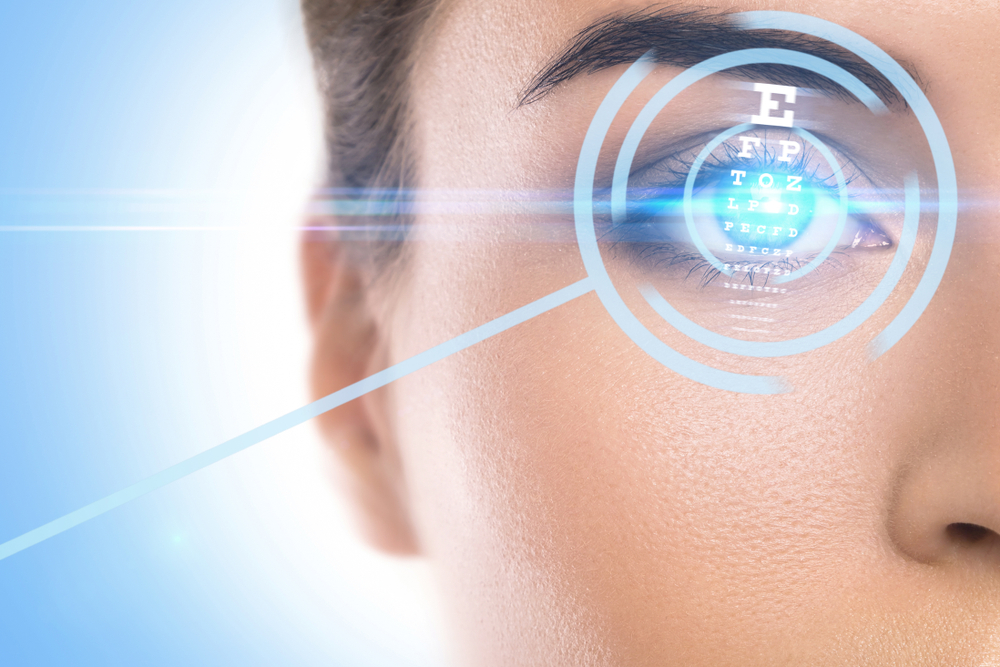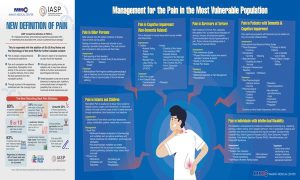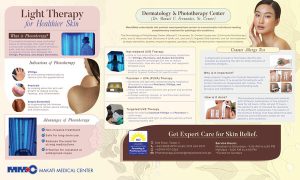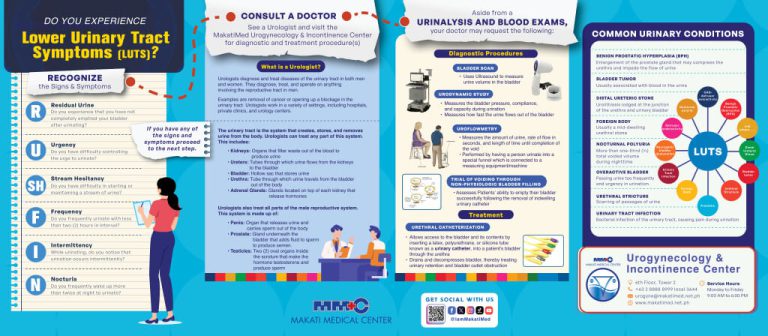Are you struggling with imperfect vision? You’re not alone. According to the World Health Organization, approximately 1.3 billion people worldwide live with some form of refractive error as of 2018. The most common are myopia, hyperopia, and astigmatism.
However, even if having blurry vision is that prevalent, you can’t deny that it can bring about a lot of inconvenience in your everyday activities. Temporary solutions for this are wearing corrective eyeglasses or contact lenses, but these are not even the perfect fix for vision impairment. Specs can be expensive, and depending on your condition, you may have to change the lenses every few years. Contacts, on the other hand, pose a sanitation risk and can be difficult for some to master.
Thankfully, the advent of technology has paved the way for another available solution. If you’re thinking of other ways to resolve poor eyesight, you may want to consider undergoing Lasik surgery.
What is Lasik Surgery?
Lasik is a type of refractive eye surgery used to treat distance (near or far) vision impairments, as well as astigmatism. During the procedure, the laser reshapes the cornea to correctly focus the light entering the retina of the eye.
What are the benefits of Lasik Surgery?
- It corrects your vision. About 96% of patients will have improved 20/20 vision after the surgery, meaning you won’t need to wear eyeglasses or contact lenses anymore.
- Pain-free. Before and during the procedure, numbing eye drops will be used so that you won’t feel any discomfort.
- Low maintenance. There are no stitches, bandages, or any post-op procedures after surgery.
- Quick recovery. It takes an average of 2-7 days for your eyesight to adjust and reach your desired vision.
- Safe to do it again. There are higher chances you won’t have to, but just in case, you can undergo the procedure again to correct your vision, if it changes as you age.
- Age. At least 18 years and above.
- Stable eyeglass or contact lens prescription. Maintain the grade of your eye for at least a year before the surgery.
- Eye health. No signs of corneal disease, cataracts, glaucoma, or persistent dry eyes.
- Overall health. No other illness such as arthritis, lupus, HIV, or diabetes.
- Pregnancy. Pregnant or breastfeeding women are not allowed to undergo the procedure.
- Dry eyes. The surgery will cause a temporary decrease in tear production for the first six (6) months to a year after the surgery. It may reduce the quality of your vision, so using eye drops will be recommended during this period.
- Glare and halos. Nighttime vision impairment will be expected up to a few weeks after the surgery. This may appear as halos around bright lights or double vision.
- Under correction. For nearsighted people, there’s a possibility that the laser removed too little tissue from the eye to correct your sight, so a follow-up procedure may be needed.
- Overcorrection. Conversely, removing too much tissue from the eye can happen, resulting in an overcorrection.
- Astigmatism. Also caused by uneven tissue removal that can be fixed through additional surgery.
- Vision changes. Rarely, you may notice that your eyesight is becoming blurry again. This may require follow-up surgery.
- Stop wearing your contact lenses at least two (2) weeks before the surgery. Contacts can reshape the cornea, which can lead to inaccurate eye measurements. Use eyeglasses instead.
- Avoid putting eye makeup or creams on the days leading to surgery. This will increase the risk of debris left around the area, which could lead to infections.
- Make sure someone will drive you home. Your eyes will take a few hours to adjust, so you won’t be able to drive your car. Someone should accompany you after the procedure.
- Wear something comfortable. Laser surgery rooms can be cold, so make sure you have a jacket with you. Choose something you can easily pull off your head too, to avoid contact with the eye area after the procedure.
- Get some rest. Sleep well before the surgery. Tired eyes won’t help, and it could increase your discomfort.
- Relieve boredom with entertainment after the surgery. On the first 24 hours after your procedure, it will be recommended to rest the eyes and keep them closed. Have some audiobooks, podcasts, or fun playlists ready to keep you entertained.











